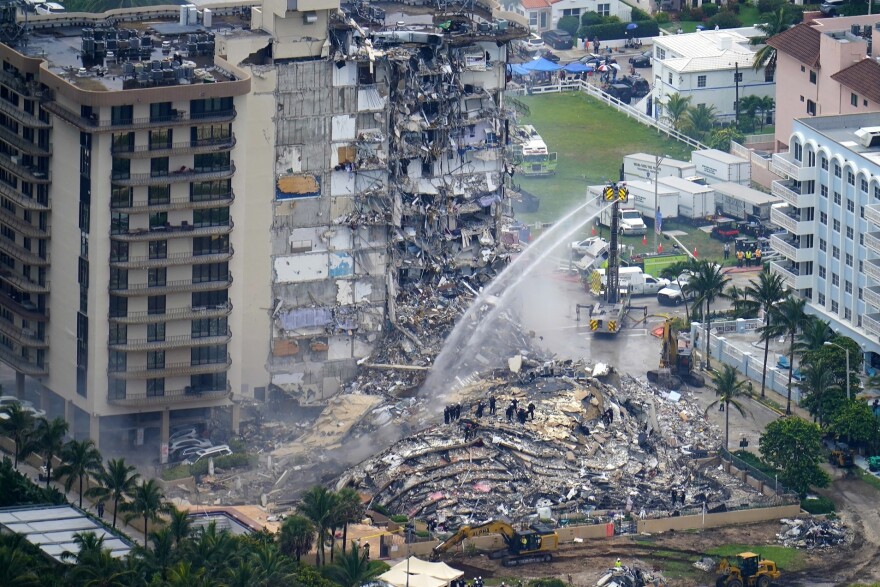With the House poised to pass its version of the bill Thursday, a Senate panel moved forward Wednesday with a measure that would place inspection requirements on condominium buildings after the deadly collapse last year of the Champlain Towers South building in Surfside.
The Senate bill (SB 1702), which is ready to go to the full Senate, would require condo buildings that are three stories or higher and in areas within three miles of coastlines to undergo initial inspections in their 20th year and every seven years after that. Buildings in other areas would have to be inspected in their 30th year and every 10 years after that.
The bill also would require what are known as “reserve” studies aimed at determining how much money condominium associations should have in reserve to make needed improvements. Senate sponsor Jennifer Bradley, R-Fleming Island, said the bill is a “first step” in providing disclosure on the conditions of buildings in the state.
“We are so far from a point where our buildings are over-inspected,” Bradley said in response to comments that the proposal could conflict with inspections by property insurance companies. “I mean, (currently) we don't even have an obligation to inform our owners of the condition of their building.”
Under the proposal, architects or engineers would initially make visual inspections of buildings. If those inspections show structural risk, more-thorough inspections would be required, Bradley said.
The House took up its version of the bill (HB 7069), sponsored by Rep. Daniel Perez, R-Miami, on Tuesday and positioned it for a vote Thursday.
The House proposal would require initial inspections to occur every 25 years after initial occupancy for residential buildings three stories or higher within three miles of coastlines. Buildings more inland would need the first inspections 30 years after occupancy. Further inspections would be required every 10 years.
The House and Senate bills also include differences about the reserve studies.



